Importance of Dental Cleanings
Dental cleanings are a cornerstone of oral health and hygiene. These professional dental visits, typically conducted by a dental hygienist or dentist, play a significant role in preventing oral diseases and maintaining overall health. But what exactly do dental cleanings accomplish, and why should you prioritize them? This section delves into the multifaceted benefits of dental cleanings for both your oral health and general wellbeing.
What Dental Cleanings Do for Your Teeth
During a dental cleaning, a trained professional removes the accumulated plaque and tartar that brushing and flossing might miss. Plaque is a sticky, colorless film of bacteria that forms on your teeth, and if not removed, it can lead to more serious issues like cavities and gum disease. Tartar, or calculus, forms when plaque hardens, and it can only be removed by a dental professional. Additionally, the cleaning process often includes polishing the teeth and sometimes applying a fluoride treatment for extra protection against decay.
Long-Term Benefits of Regular Cleanings
Engaging in regular dental cleanings provides long-term benefits that go beyond a bright smile. These benefits include:
- Reduced Risk of Gum Disease: Regular cleanings help prevent gingivitis and advanced gum disease, conditions that can lead to tooth loss if untreated.
- Cavity Prevention: By removing plaque and preventing its hardening into tartar, the incidence of cavities is significantly lowered.
- Early Detection of Oral Issues: Dental cleanings allow your dentist to monitor your oral health closely, catching potential problems early before they escalate.
- Improved Overall Health: Oral health is closely linked to overall health. Regular cleanings can help reduce the risk of conditions such as heart disease and diabetes.
Frequently Asked Questions About Dental Cleanings
Patients often have questions about dental cleanings. Here are some of the most common:
- How often should I get a dental cleaning? Generally, it is recommended to have a dental cleaning every six months. However, individuals with specific dental concerns may need more frequent visits.
- Are dental cleanings painful? While some discomfort may occur, especially if gum disease is present, most patients find dental cleanings to be a relatively painless process.
- What happens if I skip cleanings? Avoiding regular cleanings can lead to plaque and tartar buildup, increasing the risk of cavities, gum disease, and other oral health issues.
Types of Dental Cleanings
Understanding the different types of dental cleanings can help you choose the right one for your needs. The type of cleaning recommended often depends on your current oral health status.
Routine vs. Deep Dental Cleanings
There are primarily two types of dental cleanings: routine and deep (or periodontal) cleanings. Routine cleanings are suitable for those with healthy gums and no significant plaque buildup. In contrast, deep cleanings are necessary for patients with gum disease or significant tartar accumulation.
What to Expect During Each Type
During a routine cleaning, you can expect:
- A physical exam of your mouth and gums.
- Removal of plaque and tartar buildup using specialized tools.
- Polishing the teeth with gritty toothpaste.
- Flossing and examination of gum health.
- Potential application of fluoride treatment.
Conversely, deep cleanings involve a more comprehensive approach, including:
- Scaling to remove tartar from beneath the gum line.
- Root planing to smooth out the tooth roots and help the gums reattach.
- Possibly the use of local anesthetics to minimize discomfort.
Determining the Right Type for You
Your dentist will evaluate your oral health and determine which type of cleaning is most appropriate. Factors influencing this decision include your oral hygiene practices, the presence of gum disease, and any specific dental issues you may have.
Preparing for Your Dental Cleaning
Preparation for a dental cleaning can help optimize your experience. Knowing what to expect and how to prepare can alleviate anxiety and enhance the effectiveness of the cleaning.
Pre-Cleaning Instructions
Typically, there are few restrictions before getting your dental cleaning. However, it is advisable to:
- Avoid eating a heavy meal before your appointment, as it can make you uncomfortable during the cleaning.
- Be sure to inform your dentist of any health changes, medications, or allergies prior to the cleaning.
- If you experience dental anxiety, consider discussing this with your dentist to explore sedation options.
What to Bring to Your Appointment
When attending your dental cleaning, it is helpful to bring the following:
- Your insurance information, if applicable.
- A list of any medications you are currently taking.
- Any questions or concerns you may have regarding your oral health.
Understanding the Cleaning Process
The dental cleaning process usually follows a systematic approach. Here’s a typical sequence during an appointment:
- The dental hygienist will conduct a preliminary examination, reviewing your dental history and possibly taking X-rays.
- They will use an ultrasonic scaler to remove larger pieces of tartar.
- Hand instruments are then used for fine scaling and to clean above the gum line.
- Polishing follows, which helps to remove surface stains.
- Finally, the hygienist will provide guidance on maintaining your dental health at home.
Aftercare Following Dental Cleanings
After your dental cleaning, certain aftercare steps can enhance your oral health and comfort levels. Proper post-cleaning care can aid in ensuring that your teeth remain healthy and free from discomfort.
Post-Cleaning Sensitivity and Care
It is common to experience some sensitivity in your teeth and gums following a cleaning, particularly if there was significant plaque buildup or if you received a deep cleaning. To manage this:
- Use a gentle toothbrush and toothpaste designed for sensitive teeth.
- Avoid very hot or cold foods and drinks for a day or so.
- Follow any specific care instructions given by your dental professional.
Maintaining Oral Health at Home
Maintaining good oral hygiene practices at home is essential, especially after a dental cleaning. Here are key tips:
- Brush your teeth at least twice a day with fluoride toothpaste.
- Floss daily to remove plaque from between your teeth.
- Consider using an antimicrobial mouthwash to reduce plaque and gingivitis.
- Maintain a balanced diet and limit sugary snacks.
When to Schedule Your Next Cleaning
Your dentist will typically recommend scheduling your next cleaning six months after your last appointment. However, individuals with higher risks for dental problems may require more frequent visits. Always follow your dentist’s specific recommendations tailored to your oral health needs.
Finding the Right Dental Practice for Cleanings
Choosing the right dental practice can significantly impact your overall experience during routine cleanings and influence your long-term oral health. Here are several factors to consider:
What to Look for in a Dentist
When seeking a dental practice, consider the following:
- Check their qualifications and experience in general dentistry.
- Inquire about the services they offer, particularly focused on preventive care.
- Assess the technology used in the office, as modern equipment can enhance your cleaning experience.
Reviews and Recommendations
Researching reviews from previous patients can give valuable insights into the patient experience. Consider:
- Reading reviews on multiple platforms to gauge consistency in feedback.
- Asking friends and family for their recommendations based on personal experiences.
- Checking if the office is affiliated with reputable dental associations.
Cost and Insurance Considerations
Understanding the cost of dental cleanings and your insurance coverage can play a crucial role in selecting the right practice. Here’s what to consider:
- Inquire about costs upfront, including what is covered by your insurance.
- Ask about payment plans or financing options if you’re paying out-of-pocket.
- Determine if the practice utilizes advanced technology that could influence cleaning costs.
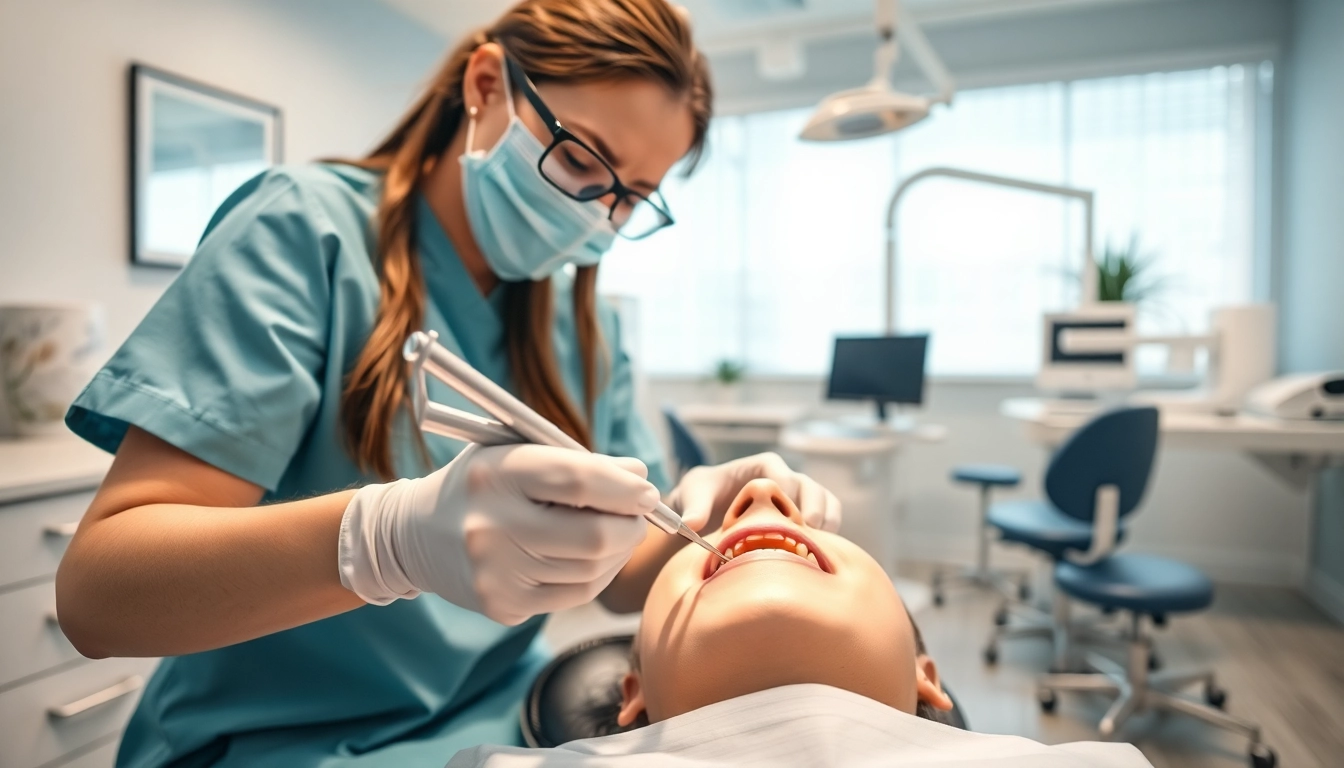


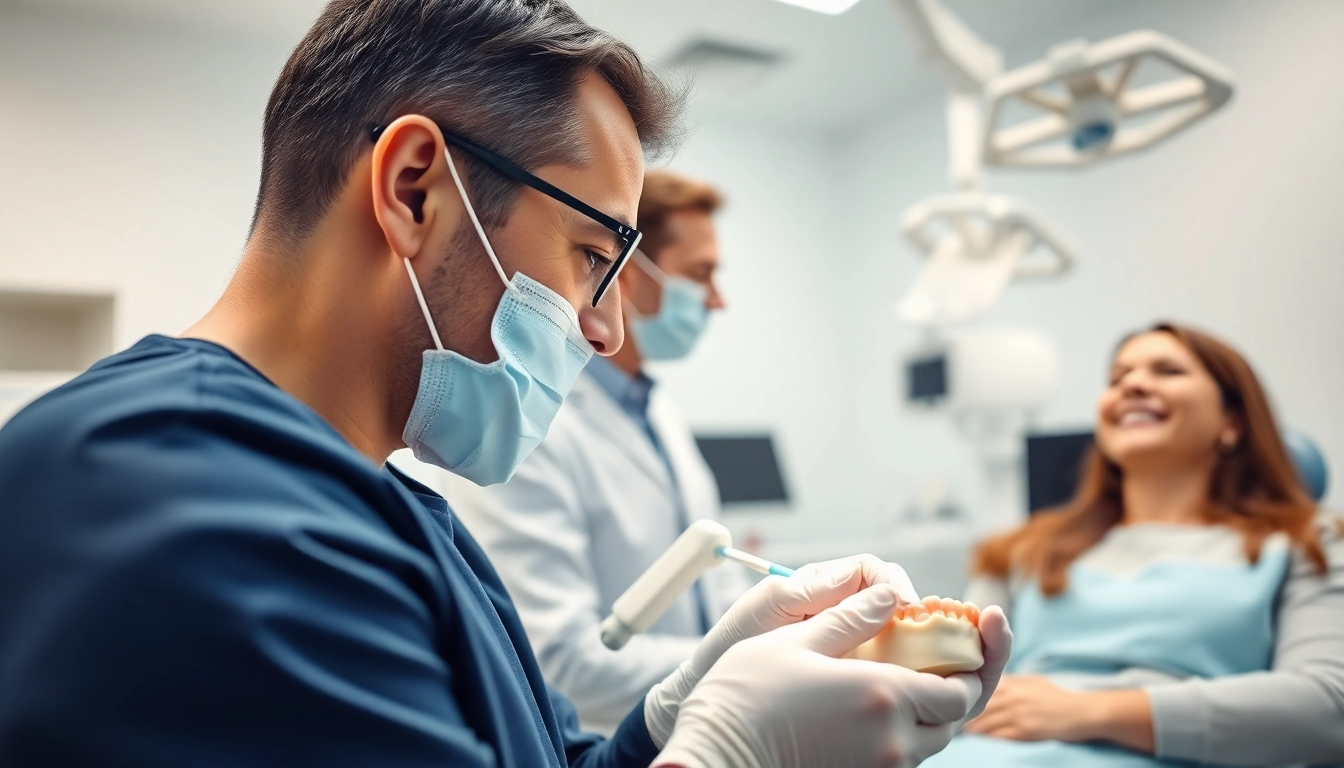


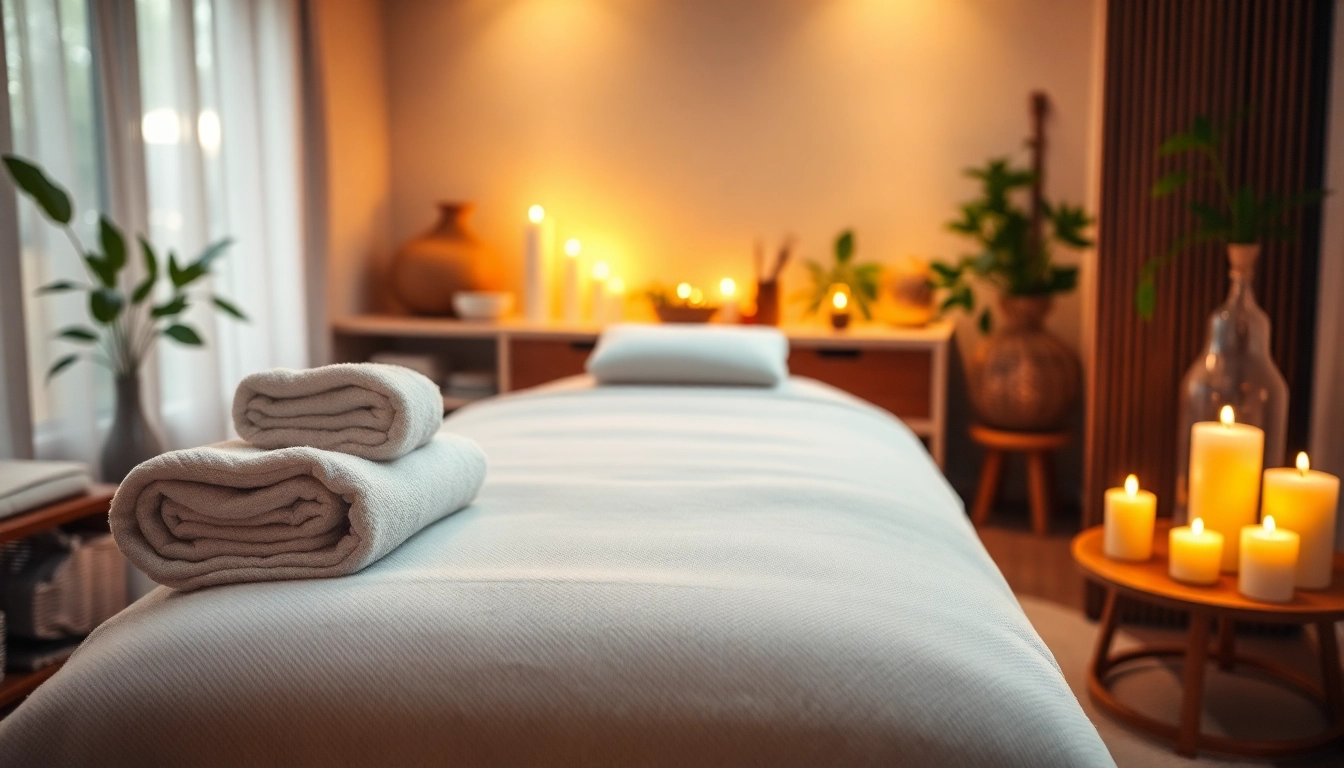

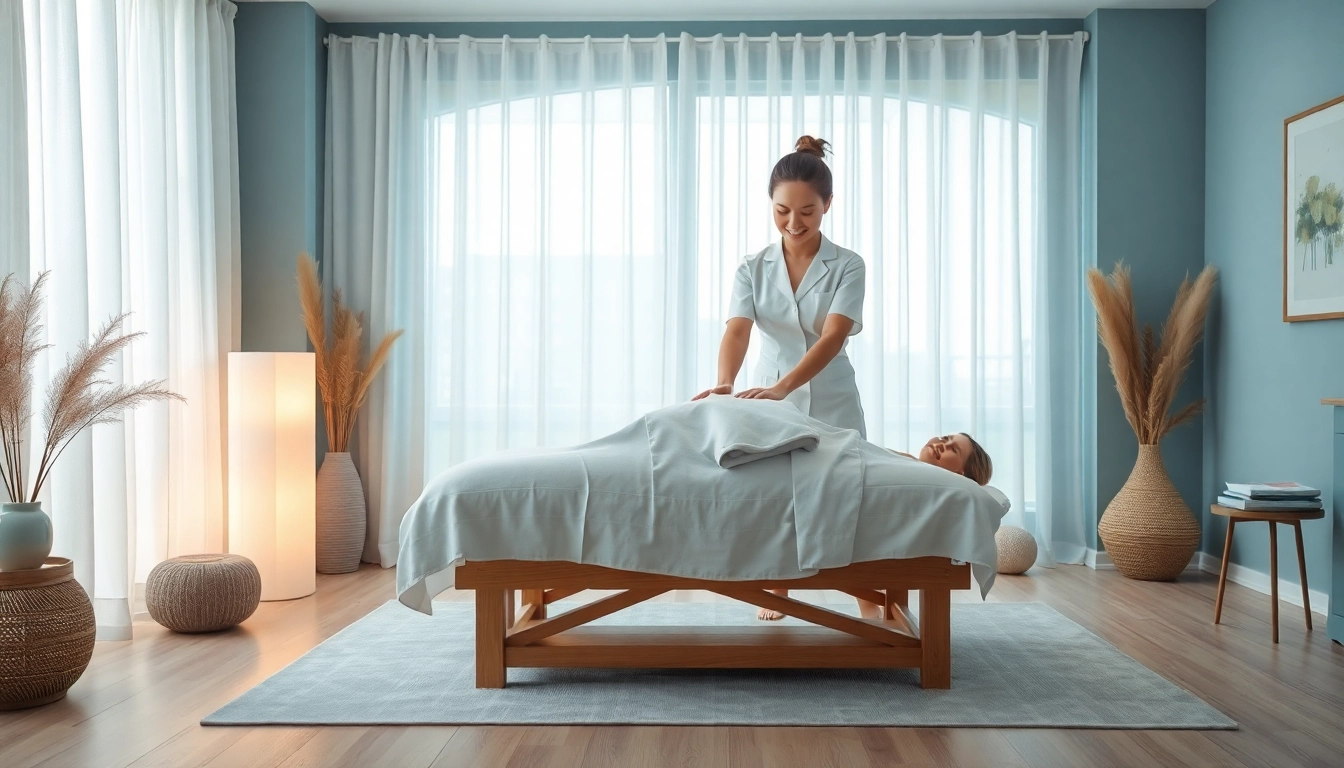





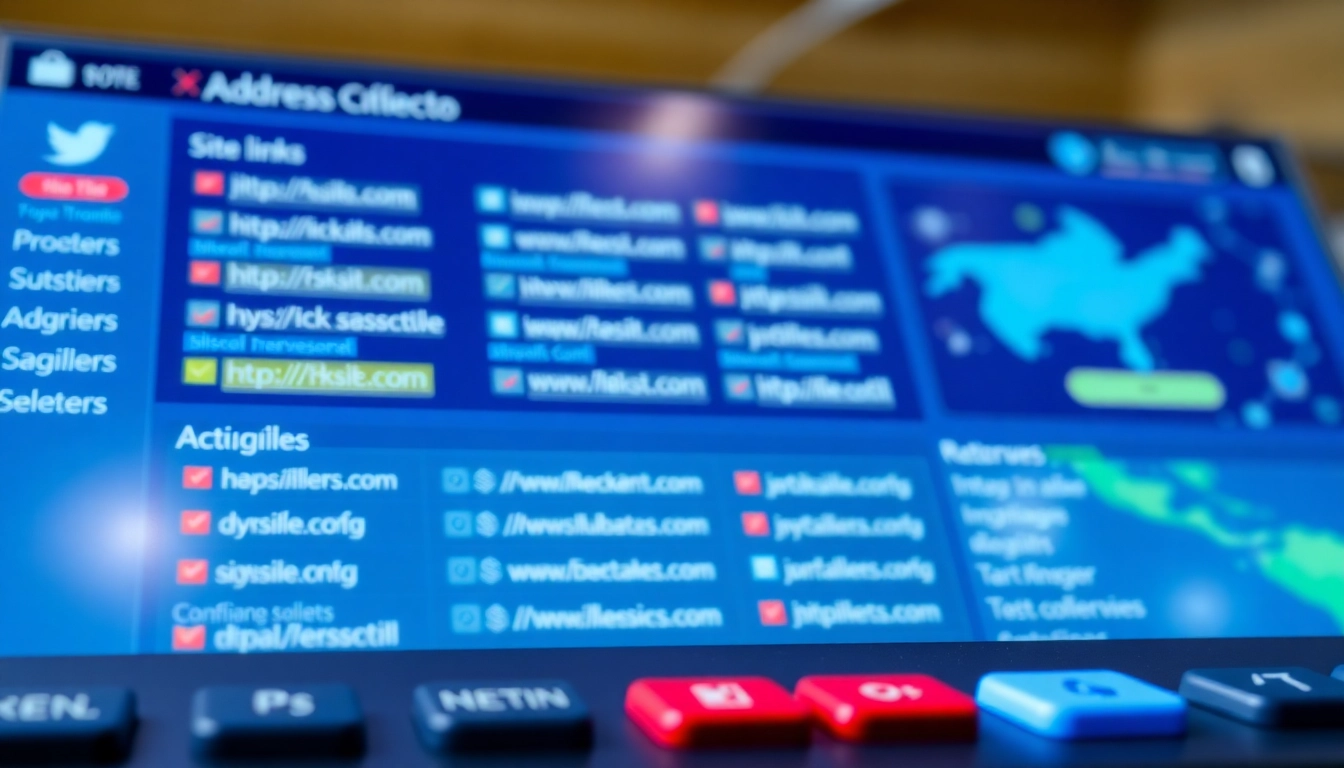
Leave a Reply